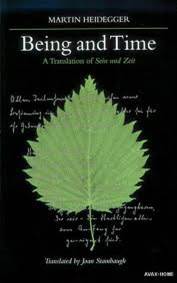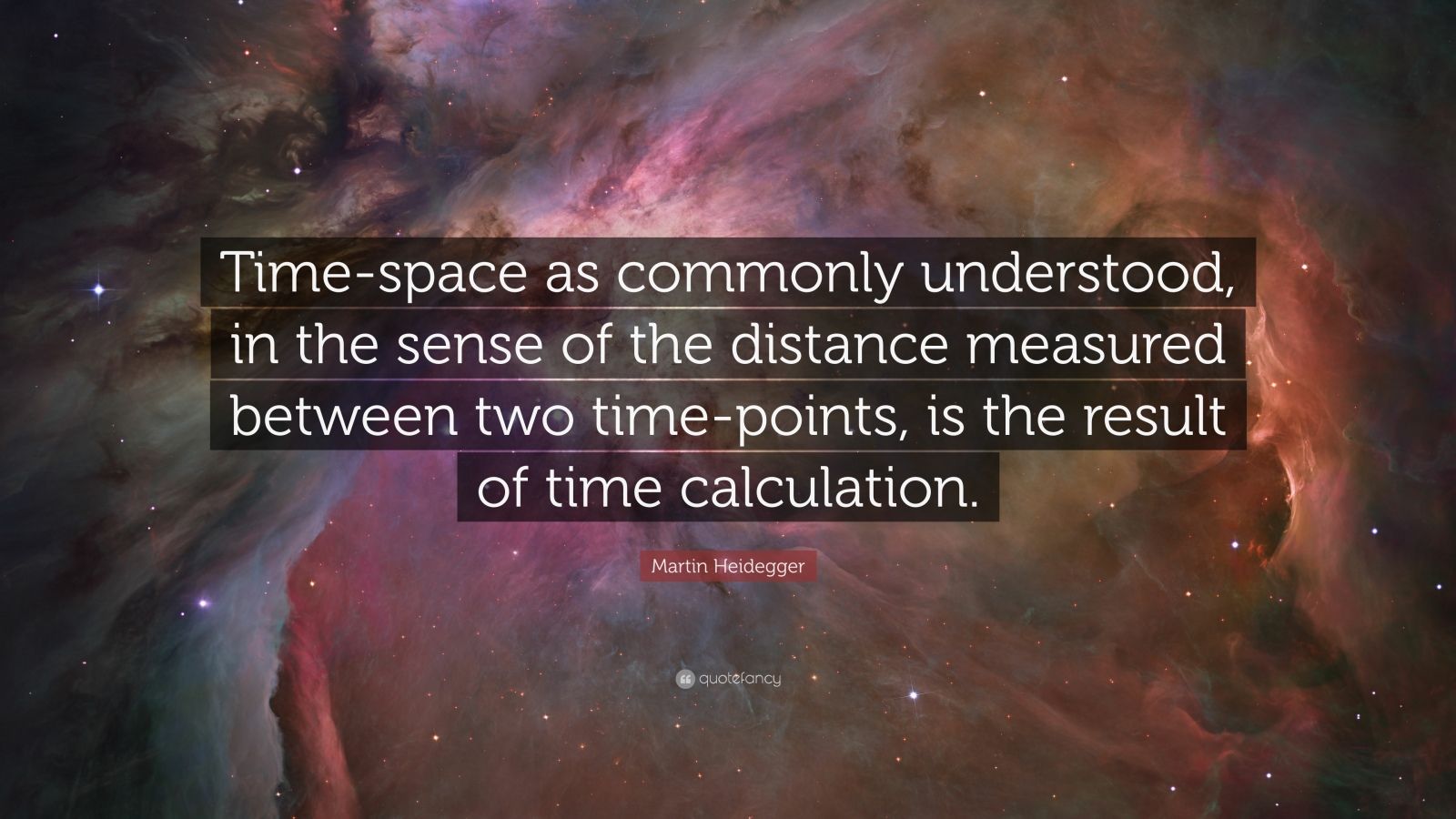

Heidegger has the audacity to go back to the drawing board and invent a new philosophical vocabulary.

We shall see some of the implications of this in future entries, but the initial consequence is that Heidegger refuses to avail himself of the standard terminology of modern philosophy, with its talk of epistemology, subjectivity, representation, objective knowledge and the rest. The difficulty is caused by the fact that Heidegger sets himself the task of what he calls a "destruction" of the philosophical tradition. But once you have read Being and Time and hopefully been compelled by it, then the question that hangs over the text, like the sword of Damocles, is the following: how could arguably the greatest philosopher of the 20th century also have been a Nazi? What does his political commitment to National Socialism, however long or short it lasted, suggest about the nature of philosophy and its risks and dangers when stepping into the political realm? Being and Timeīeing and Time is a work of considerable length (437 pages in the German original) and legendary difficulty. The task I have set myself in this series of blogs is to provide a taste of the latter book and hopefully some motivation to read it further and study it more deeply.

Indeed, to my mind, the nature and extent of Heidegger's involvement in National Socialism only becomes philosophically pertinent once one has begun to understand and feel the persuasive power of what takes place in his written work, especially Being and Time. The hugely important matter of the relation between Heidegger and politics is the topic for another series of blogs entries.


 0 kommentar(er)
0 kommentar(er)
